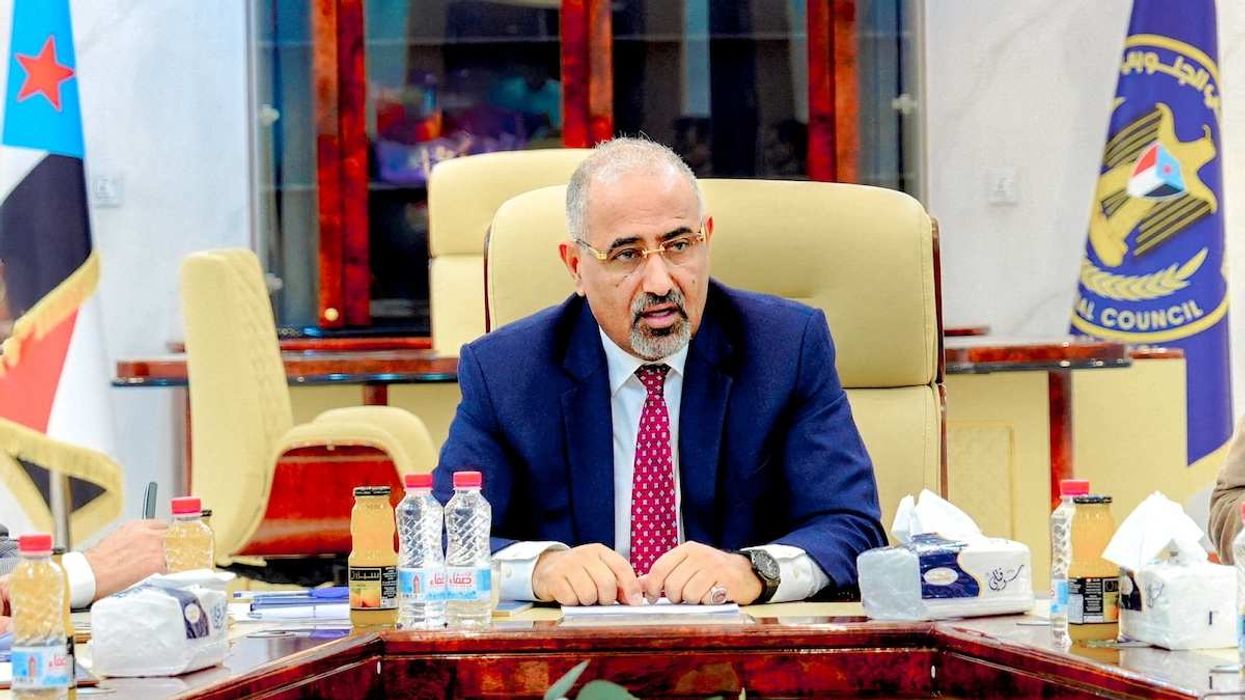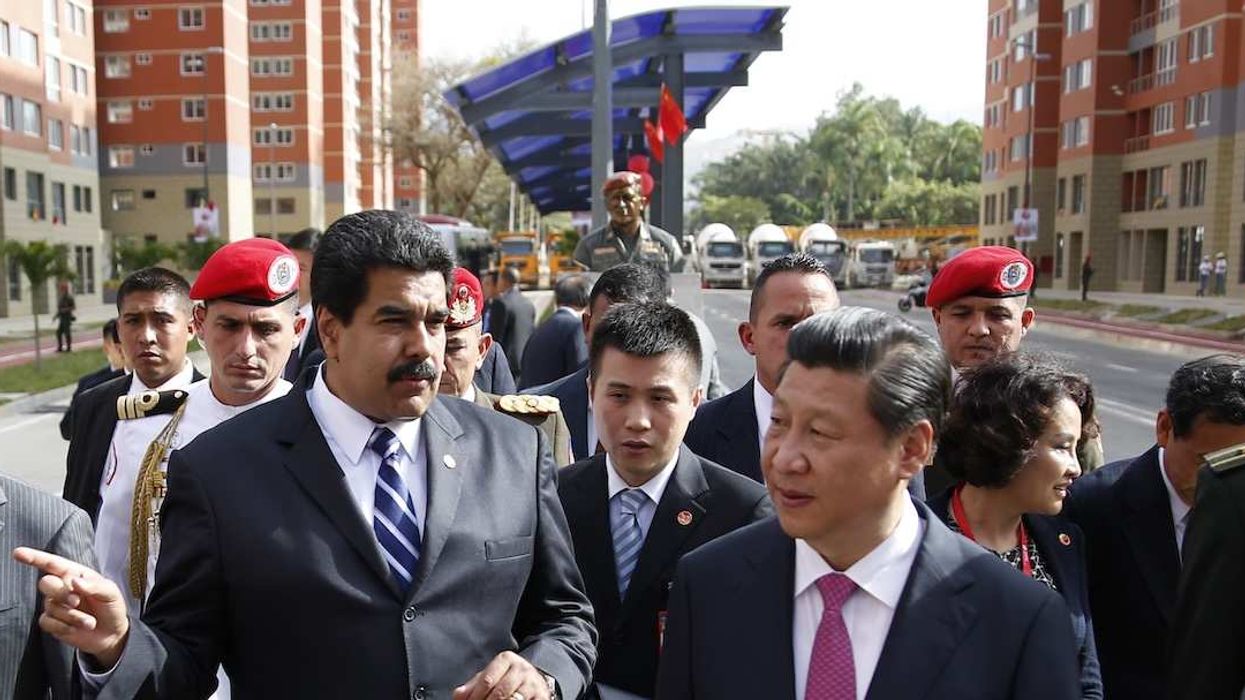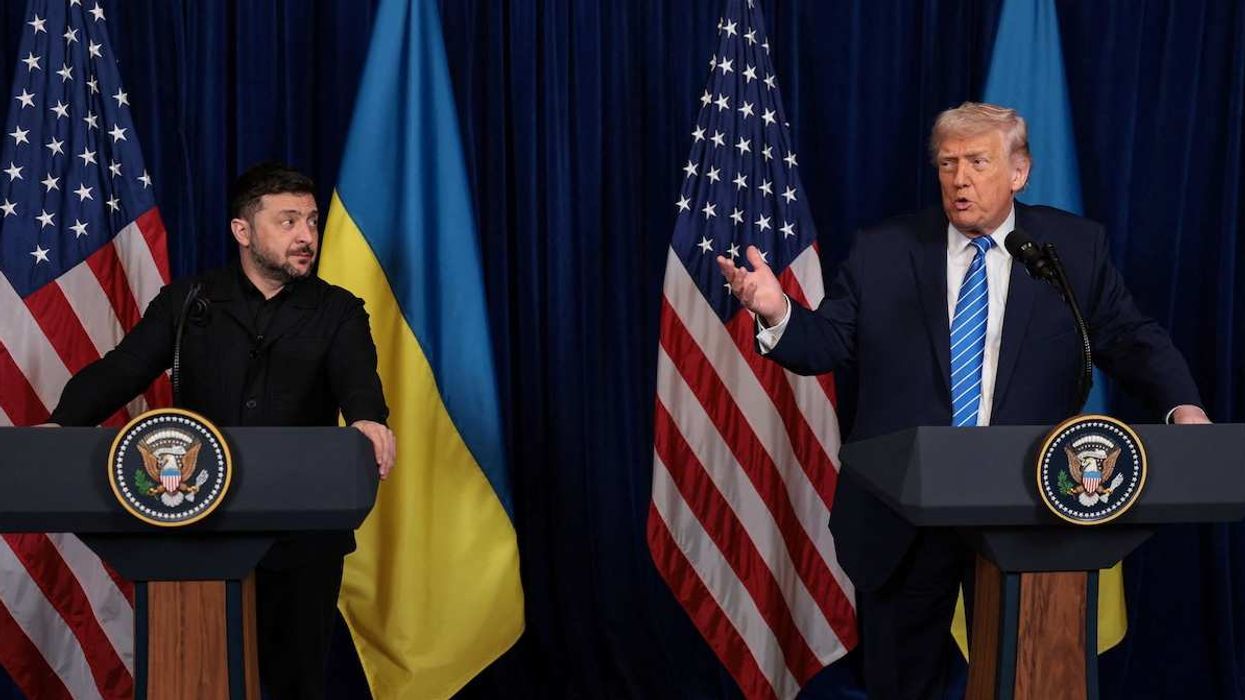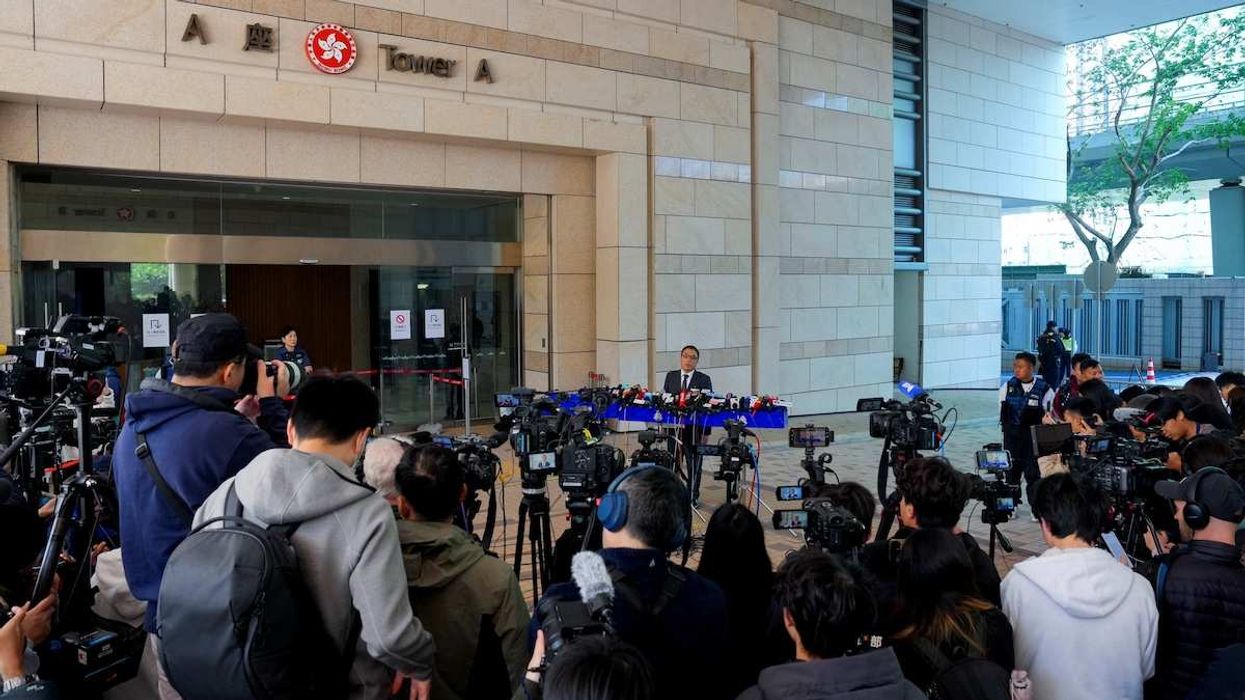Hard Numbers
Hard numbers: Hamas seeks new role for its forces in Gaza, New estimate of Russian casualties in Ukraine, Rwanda sues the UK, & More
10,000: The number of Hamas officers that the militant group reportedly wants to incorporate into the US-backed Palestinian administration for Gaza, in the form of a police force.
Jan 28, 2026










